|
Abject brutalism, horniness, oddly goofy humor, and kinetic cinematic grammar that pronounces Tsui Hark's influence? Yeah, this is fun. Not a film I would necessarily expect from Ringo Lam, but his take on the wuxia period piece is a sight to behold and certainly retains his patented penchant for barbarism despite this film's more goofy tonal vibrations. Lots of strong action set pieces and a stellar setting gives this sucker some juice. An obvious double-feature with Burning Paradise would be Hark's The Blade, but the latter is simply on another level in terms of aesthetics and atmosphere, but the former's gleeful violence and extravagant penchant for gore remain a sight to behold. Not a horror film but shares some sensibilities; I could see horror hounds eating this up.
0 Comments
Perhaps Sōmai's most narratively discombobulated film but this is an absolute stunner with Sōmai's formal precision and rapturously effective cinematic grammar managing to evoke a continuously entrancing experience of profound sadness and incisive commentary related to self, interiority, and societal impediments. Operating between modes of magical realism and social realism, Lost Chapter of Snow: Passion is a challenging and provocative experience that I found hard to pin down. It's so emotive and consistently enthralling in the way it relays feelings of alienation and abandonment, detailing the intrinsic confusion related to expressing oneself outwardly - feelings themselves ultimately being more illusive than we often acknowledge in contemporary life, our interiority a constant navigation in itself. It could be argued the film is unfocused but I hardly cared. Sōmai is such an exquisite artist when it comes to aesthetics but his acute understanding of youth continues to stand out to me. For Sōmai, youth being confronted with the societal order and ways of the world isn't merely a rite of passage, it is a shock to the system, an injustice in a sense in which the formulation of identity via self-discovery is a constant negotiation between our more pure, internal impulses and the external realities of contemporary life. Adolescence struggle is given existential gravitas, it's a balancing act of egoism intrinsic to self and the need for altruism, a necessity of living a meaningful social life. What Lost Chapter of Snow: Passion keenly understands is how egoism and altruism aren't diametrically opposed, they are commingled ideals, all in the service of forming a strong ontology of self-informed by epistemic realities. Balance feels like a major theme here, and while I'd be lying if I said I fully understood everything going on in this film, I found this to be an entrancing work full of beauty, pain, and wonderment that is full of maturity, incisive commentary related to both communal ills (Japanese familial orthodoxy) as well as more individualistic investigations of self.
Transgressive terror, the abstraction and infinity of darkness wielded to construct a haunting vision rooted in primitive and pure notions of fear. Rigorous formal arrangements reminiscent of Haneke evoke a sense of tension and unease. The opaqueness of darkness and the obliqueness of the spatiality is precisely rendered, tapping into a primordial-based horror in which the viewer routinely is forced to gaze into the abyss. A challenging experience at first, some will find Skinamarink too opaque and tepid, but for those willing to immerse themselves this film will be rewarded. Wonderfully rendered and deeply unsettling, Skinamarink is not interested in inducing fear through plotting, or character, it instead distills fear to its most primal impulse - fear of the unknown.
As merely a formal object, Athena is an impressive achievement. A sensorial exercise imbued with unwavering ferocity, its grand artifice symphonic in elucidating collective anguish and action. Unfortunately, beyond these achievements that I must admit kept me enthralled for at least most of the film's runtime, Athena as a film is ultimately rubbish. It's antithetical to progress and arguably dangerous in the way it obfuscates state violence via a lazy narrative device. For all its formal vigor, precision, and expressivity, this film is at best, naïve, at worst cowardly. It's utilitarian only, using the framework of a social-political issue to say absolutely nothing, the text itself being straight-up state propaganda where bad actors are merely scapegoats to avoid the larger systemic nature of state violence.
Communal strife and healing - reconciliation and harmonization rooted in soft confrontation that marries the self and personal notions of identity with our social impulse towards connectivity that ultimately can lead to acceptance. A story fraught with oscillation that is formally impressive in the way it interweaves communal/social spaces (the stage play, and such acts of creation/expression) with the private/individual lives of its actors from varied social stratas. Division exacerbated by socio-political constructed notions of value or worth (class, religion, etc) within this specific global economic order, one that often intentional carves out enclaves that only reinforce conflict amongst the populace. Only something as existential as love can break down all strictures. A form of love distilled and detached from yearning or personal pursuits that denounces all forms of possession, ritual, or expectation. Love first and foremost must be rooted in acceptance. The cosmic iconography throughout the mise en scène is a wonderful visual cue here.
Whenever I'm having one of those days where I feel useless and/or uninspired, I go back to the well and find a To film which I have yet to seen and well, lol...God bless Johnnie To. He is a tonic for me in those moments and I guess the fear is I will eventually run out - 32 films and counting. Macau, a near-mythical bastion of triad violence and corruption is the perfect setting for Tony Leung's corrupt cop, a man of action with no remorse. His counterbalance, the mysterious Lau Ching-wan, circles like a hawk surveilling his prey. These men feel destined for confrontation but we don't know why for much of the film. The Longest Nite doesn't have the same existential permeance as some of To's more heralded work, but this baby still slaps pretty hard. While The Longest Nite is enshrouded in the dynamic formal style and kineticism one expects from To, it never feels quite as slick or clean. Vice defines the milieu here. Light is accentuated throughout, it's piercing, cutting through the squalor of the spatiality from time to time but it is ephemeral - the return to darkness is guaranteed. Darkness reigns here both figuratively and literally. The Longest Nite doesn't have the same existential weight in a sense, but Tony Leung and Lau Ching-wan's eventual showdown does feel cosmic (the mirrors!). As powerful and smooth as they are, they both are merely pawns, who control very little once the true scope of cruelty and power is revealed. Unsurprisingly, both leads are fantastic here, oozing cool throughout this mean, violent triad flick that per usual for To stands above nearly all his contemporaries. The scene in the jail cell between Tony Leung and Lau Ching-wan is an all-timer in To's oeuvre.
Eat sh*t Nicholas Sparks! Coming Home has its moments, featuring a strong prologue with a killer set-up and some sumptuous imagery reminiscent of Zhang Yimou's skilled hand as a filmmaker, one of the main highlights of the entire film is the very first scene - an opening dance sequence that visually and vibrantly exhibits the stakes of this game. The use of natural sunlight is a subtle, evocative choice for this hearty melodrama but unfortunately Coming Home ends up feeling like a minor work in Zhang Yimou's oeuvre. The film feels restrained visually, conceptually straightforward, and dare I say largely drab when stood up against his other films. Not a bad film but one that feels generally workmanlike for Zhang Yimou when one removes the CPP façade from the equation. Effective emotionally but more maudlin than I would have expected. Why yes, the ending still effectively ripped my heart out.
Nostalgia for the Countryside is in some respects an ode to the purity of the agrarian lifestyle, an elegy towards a quickly evaporating way of life that was more intertwined with nature and a communal sense of living. The reverberations of the Vietnam war and the pernicious ways in which urbanization brought by transnational capitalism have disrupted and exploited the social order of Vietnam is a central theme, yet by Nhat Minh Dang expressing this through the coming-of-age adolescent archetype, he effectively eliminates some of the intellectual pitfalls that could transpire and delivers something both emotionally and intellectually precise and powerful. Centered around the coming-of-age motif, the film is first and foremost about emotion and feeling. The intellectual aims are obvious but the primary decree remains in expressing the emotions of its characters in a way that certifies it will avoid feeling didactic or dogmatic. An elegy for a deteriorating way of life, this film is imbued with a pathos that permeates - characters search for meaning or a path forward in a world which at best grants them little agency and at worst openly exploits them for not conforming to modernity. Self-discovery, sexual/intellectual awakening, and burgeoning identity - common themes of the coming-of-age story that wonderfully align with a story of mass-scale societal disruption. With existential longing and deeply-repressed pain, the characters of this wonderfully evocative story wrestle with a festering deep-seated anguish that is largely beyond their control. Nostalgia for the Countryside doesn't romanticize rural life, it has a steadfast acknowledgment of the work it entails. Work was never the issue but who has the authority to define what work? These people are victims of grand-scale upheaval, the societal order reconfiguring to service capital in the post-war milieu in which so many flocked to urban centers to sustain themselves in the quickly changing socio-economic system. Those that remained felt the pressure to conform to the majority, exploited and impoverished. Nostalgia for the Countryside details this extremely well. A searing familial drama steeped in understated and internalized pain, Nhat Minh Dang is in a sense acknowledging that modernity and industrialization have won. He is steadfast in expressing the social and psychological toll of forced diaspora but Nostalgia for the Countryside ultimately feels like nothing more than an emotive elegy to a more communal, more natural way of life, one the director seemingly acknowledges is bound to be exterminated and there is great tragedy in that.
|
AuthorLove of all things cinema brought me here. Archives
June 2023
|
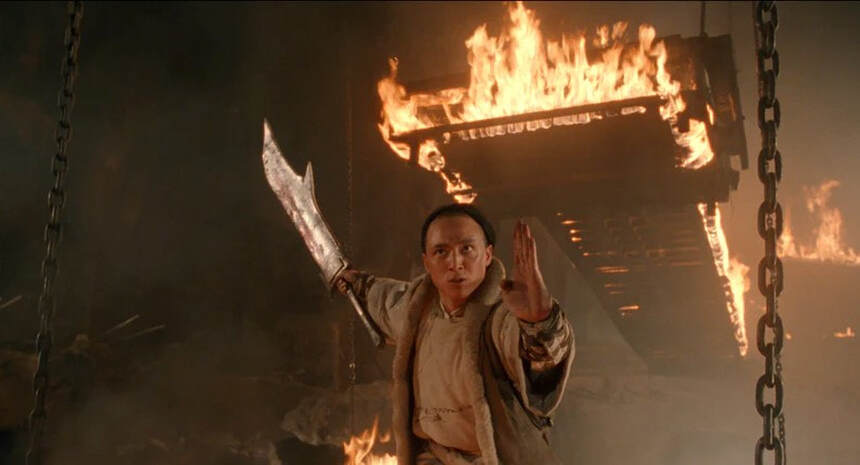
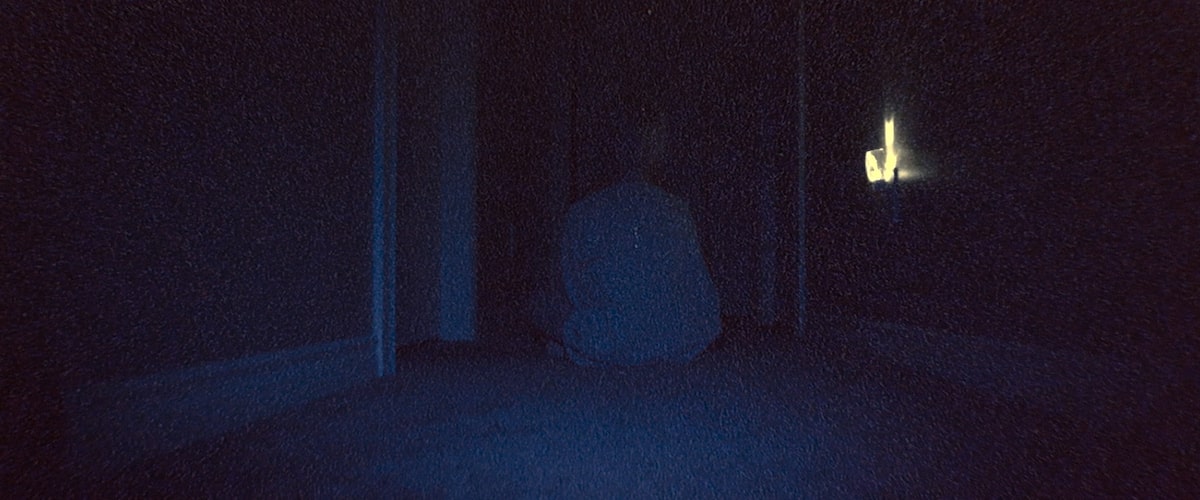
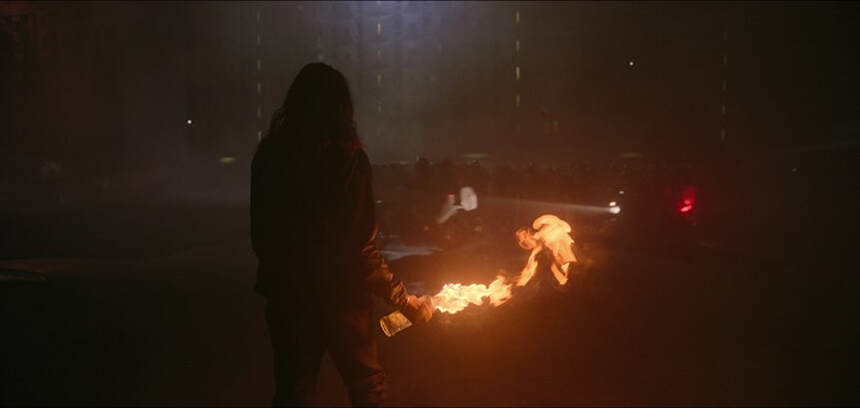
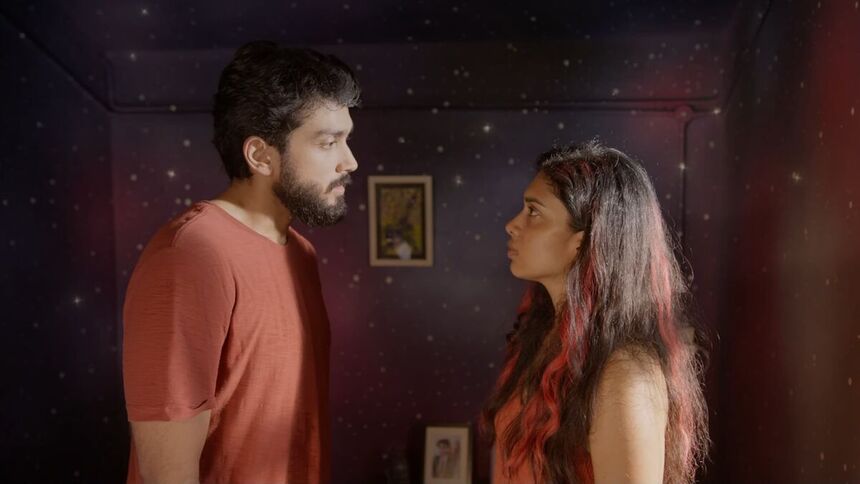
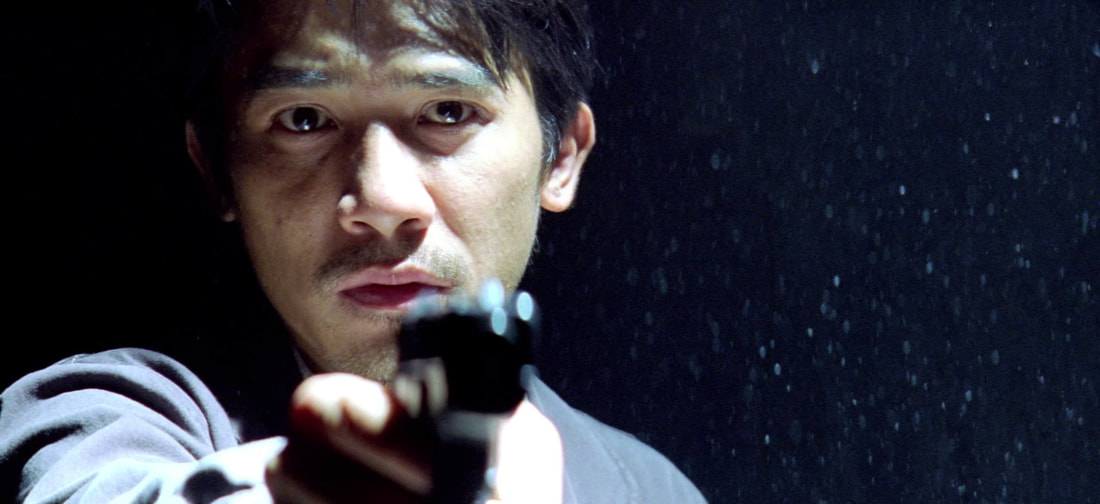
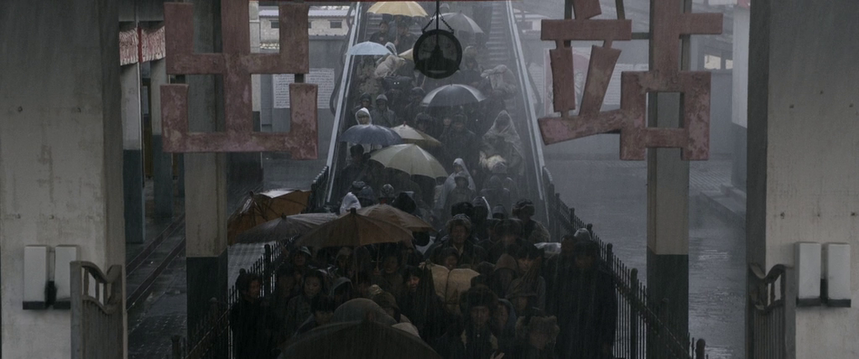
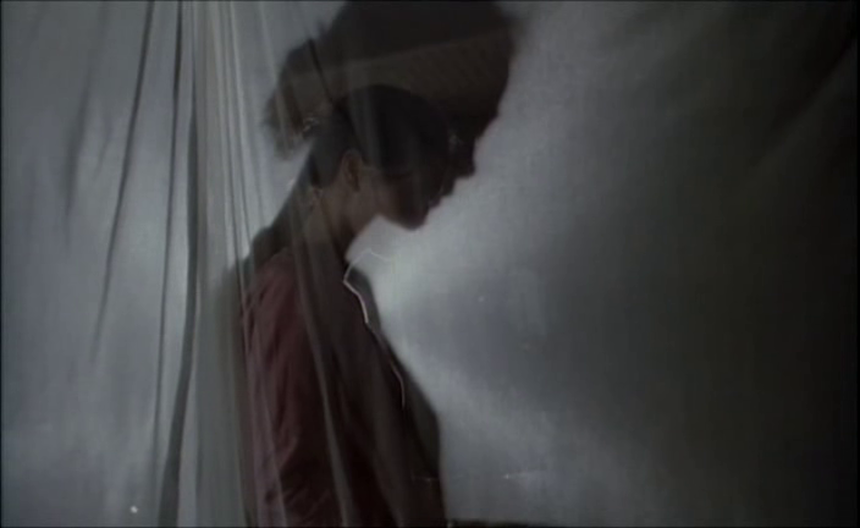
 RSS Feed
RSS Feed
